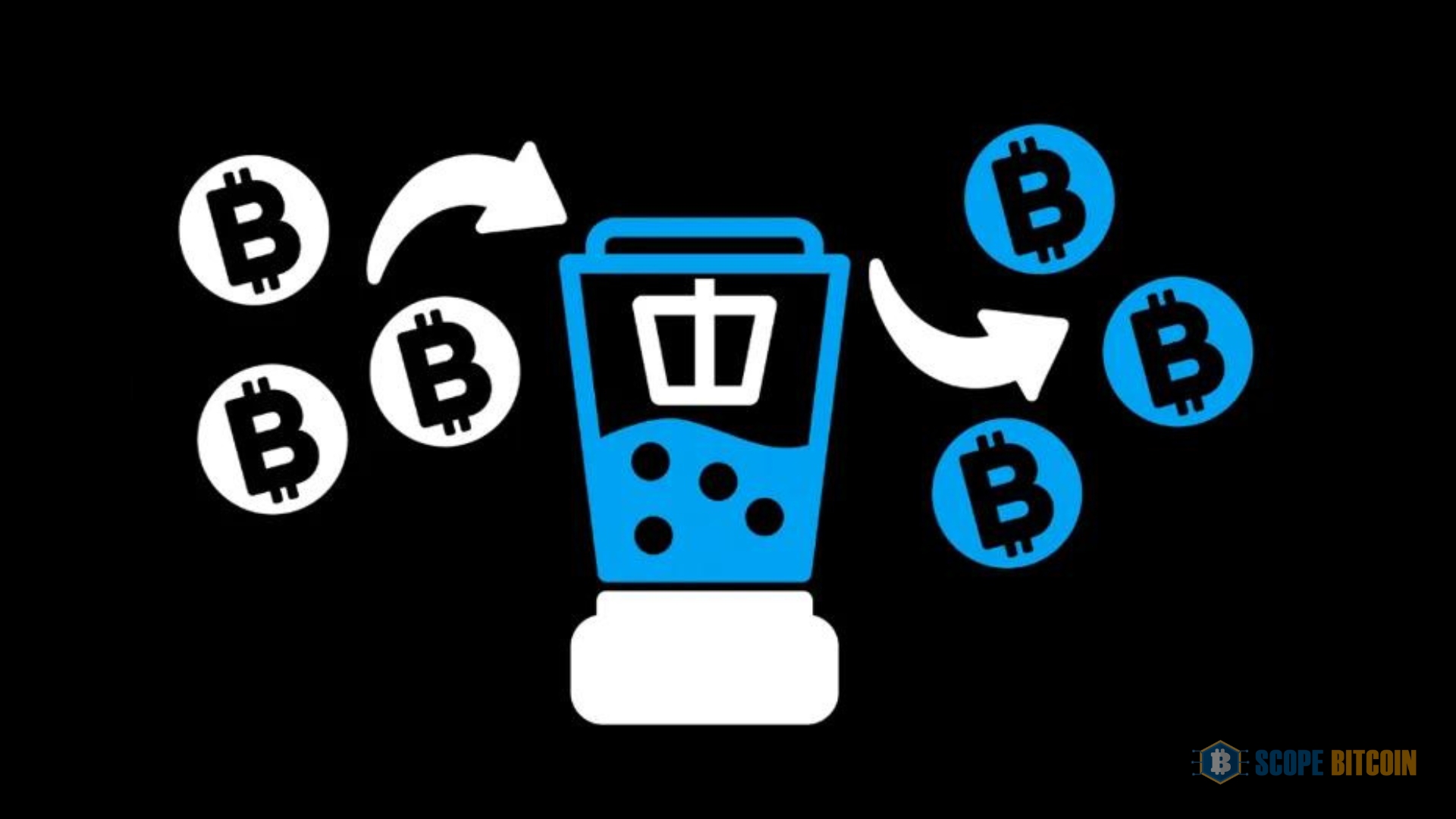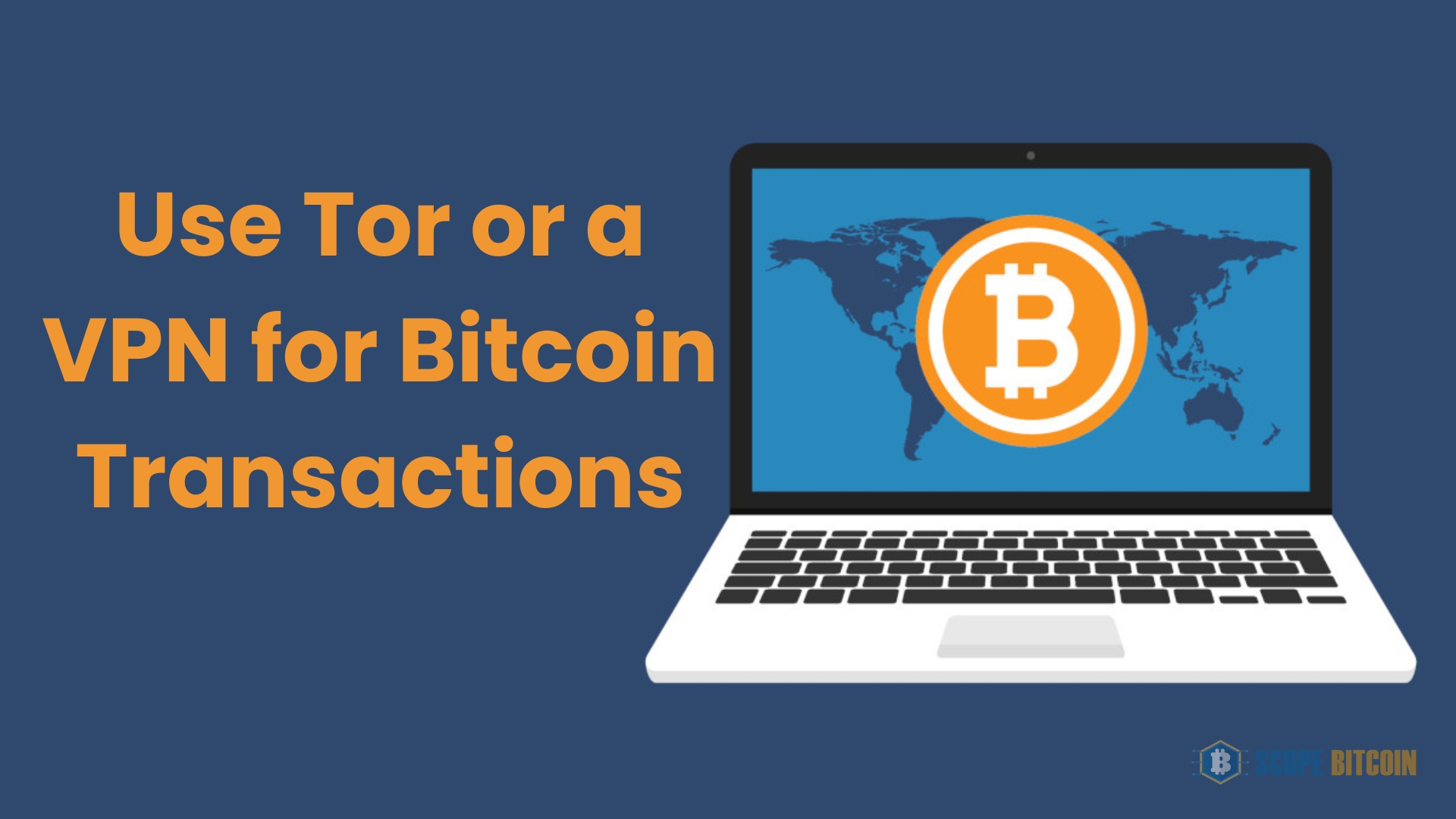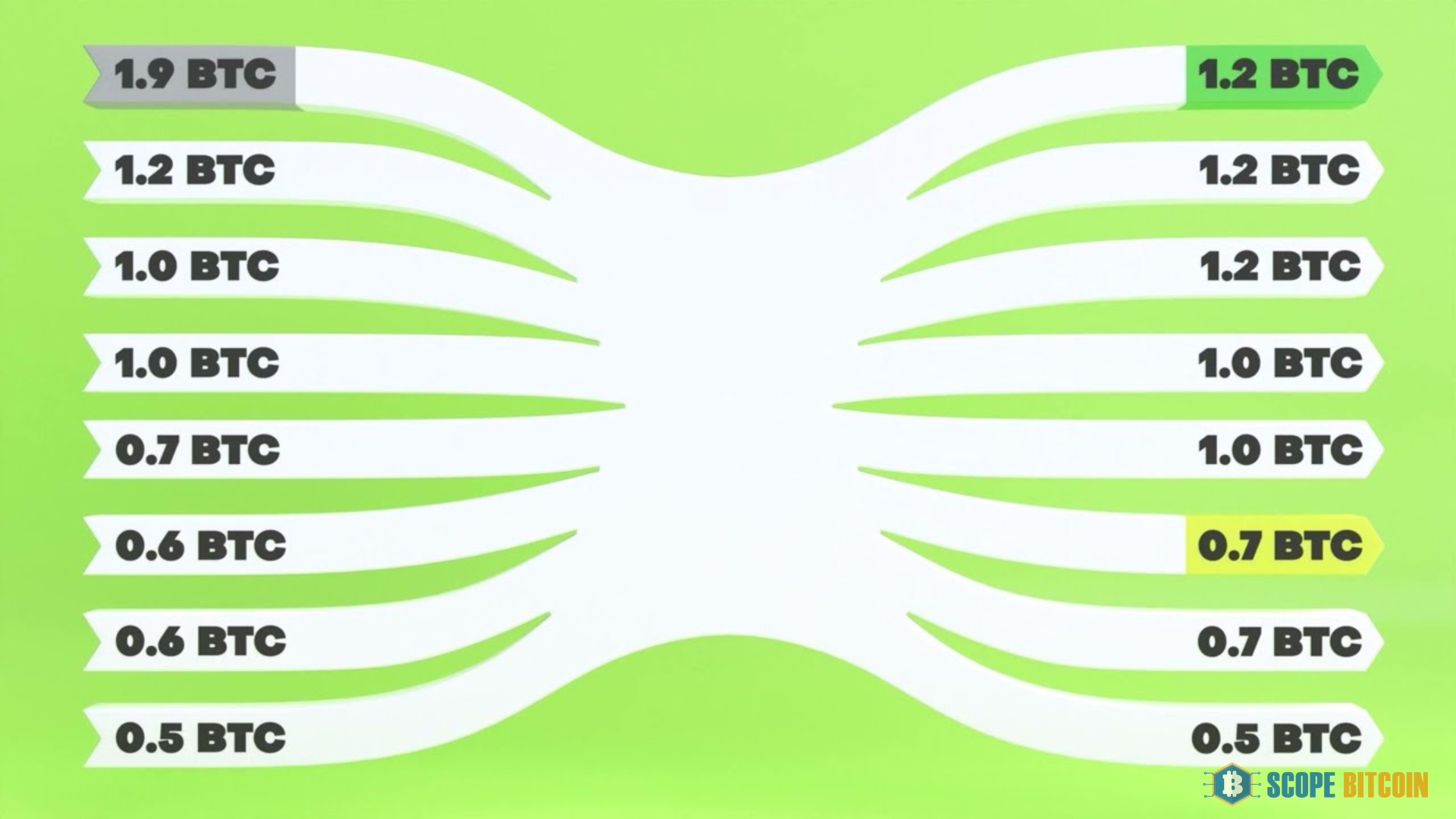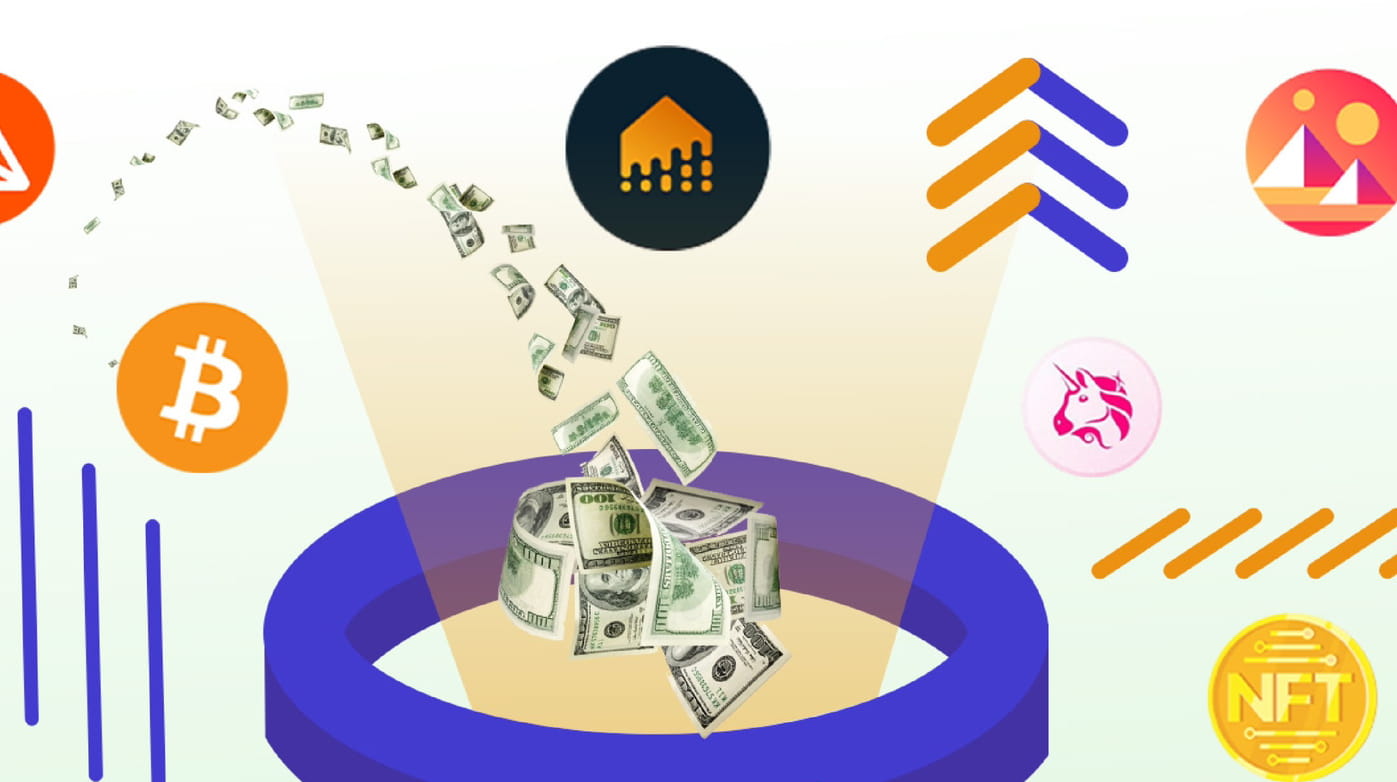
Bitcoin Anonymity Guide: How to Stay Anonymous in 2024
Bitcoin Anonymity Guide: Since its inception in 2009, Bitcoin has gained widespread recognition as the first decentralized cryptocurrency. Despite the perception that Bitcoin transactions are anonymous, they are not inherently private. Bitcoin’s blockchain is a public ledger where every transaction is recorded and visible. While the identities behind wallet addresses aren’t immediately apparent, sophisticated techniques can link transactions back to individuals. This guide will explore the current state of Bitcoin anonymity and provide strategies to help you protect your privacy in 2024.
Why Bitcoin Isn’t Fully Anonymous
Bitcoin operates on a transparent, pseudonymous system. Instead of identifying users by name, Bitcoin transactions are linked to cryptographic public keys (wallet addresses). However, these addresses and their entire transaction history are visible on the blockchain. As soon as a wallet is linked to an individual—whether through an exchange, IP address, or another piece of identifiable information—the transactions tied to that wallet can be traced back to that person.
In recent years, blockchain analysis companies like Chainalysis and Elliptic have developed advanced tools to de-anonymize Bitcoin users. They analyze transaction patterns and combine blockchain data with off-chain information, such as exchange logs, IP addresses, and social media accounts. Governments and law enforcement agencies often rely on these tools to track down criminals, but they can also be used to invade the privacy of everyday Bitcoin users.
Key Privacy Risks in Bitcoin Transactions
Several factors can compromise your anonymity when transacting with Bitcoin:
- KYC/AML Policies: Most exchanges require Know Your Customer (KYC) and Anti-Money Laundering (AML) verification, which links your identity to your wallet address. Once you’ve completed KYC at a centralized exchange, all your transactions through that wallet are traceable.
- Blockchain Analysis: As mentioned, companies and entities use sophisticated tools to track transactions. By clustering wallet addresses and analyzing patterns, they can de-anonymize users.
- IP Address Leakage: When you broadcast a transaction, your IP address may be exposed to peers in the Bitcoin network. This information could be logged, making it possible to tie your Bitcoin activity to a specific device or location.
- Public Transactions: Every Bitcoin transaction is publicly available on the blockchain, meaning anyone can view it. If your wallet is linked to any personal data, this entire transaction history can be traced back to you.
- Address Reuse: If you use the same Bitcoin address for multiple transactions, connecting those transactions to you becomes easier. Reusing addresses can create a breadcrumb trail of activity that can be linked to your identity.
Anonymity Strategies for Bitcoin Users
While Bitcoin isn’t fully anonymous, there are several techniques you can use to enhance your privacy.
Use Bitcoin Mixers (Tumblers)
A Bitcoin mixer (or tumbler) is a service that breaks the link between the Bitcoin you send and the Bitcoin you receive. It works by pooling Bitcoin from many users and redistributing it randomly, making it difficult to trace the coins back to their original owners.
However, mixers come with risks. Some are run by malicious actors who may steal your Bitcoin, and others have been shut down by law enforcement for enabling money laundering. It’s crucial to research mixers and use only trusted services.
Use Privacy Coins for Enhanced Anonymity
For enhanced anonymity, consider converting some of your Bitcoin to privacy-focused cryptocurrencies like Monero (XMR) or Zcash (ZEC). These coins use advanced cryptographic techniques to conceal transaction details, making them much harder to trace than Bitcoin.
Monero, for example, uses ring signatures, stealth addresses, and confidential transactions to obscure the sender, receiver, and transaction amount. Zcash offers optional privacy features, such as “shielded” transactions, which hide the transaction details. You can convert Bitcoin to private coins through decentralized exchanges or privacy-centric platforms like Bisq or LocalMonero, which don’t require KYC verification.
Use Decentralized Exchanges (DEXs)
Unlike centralized exchanges, which typically require KYC verification, decentralized exchanges (DEXs) allow users to trade directly with each other without the need for an intermediary. DEXs like Bisq, HodlHodl, and Uniswap allow you to buy, sell, and trade cryptocurrencies while maintaining a higher level of privacy.
Using a DEX reduces the chances of your personal information being linked to your Bitcoin transactions. However, decentralized platforms often have lower liquidity and transaction costs than centralized exchanges, so weigh the pros and cons before using one.
Use Tor or a VPN for Bitcoin Transactions
To prevent your IP address from being linked to your Bitcoin transactions, always use a Virtual Private Network (VPN) or Tor when accessing the Bitcoin network. These tools anonymize your internet traffic by routing it through a series of servers (in the case of a VPN) or relays (in the case of Tor).
Tor is especially effective for privacy since it’s designed to anonymize your internet activity and prevent third parties from tracking your online behavior. It’s also commonly used to access the dark web, where privacy-conscious individuals can conduct transactions without fear of being traced.
Run Your Own Bitcoin Node
When you make Bitcoin transactions through a third-party wallet provider or exchange, you trust that entity with your data. Running your own Bitcoin node gives you more control over your transactions and reduces reliance on external services. A node verifies transactions on the Bitcoin network and broadcasts them without an intermediary. This way, your IP address is only visible to a small number of peers on the network, reducing the risk of exposure.
Avoid Address Reuse
A simple yet effective way to increase your privacy is to avoid using the same Bitcoin address for multiple transactions. Most modern wallets support Hierarchical Deterministic (HD) wallets, automatically generating a new address for each transaction. This prevents others from linking your transactions, making it harder to trace them back to you.
Use CoinJoin Transactions
CoinJoin combines multiple Bitcoin transactions into one transaction, making it more difficult to determine who sent what to whom. CoinJoin transactions work by pooling coins from multiple users and mixing them before distributing them to their intended recipients.
Wallets like Wasabi and Samourai offer built-in CoinJoin functionality, making it easier for users to anonymize their transactions without relying on external services. When used correctly, CoinJoin can significantly enhance your Bitcoin privacy.
Use Stealth Addresses
Stealth addresses allow users to create a new address for every transaction without revealing their public key. When a sender wants to send Bitcoin to someone using a stealth address, they generate a new unique address based on the recipient’s stealth address. This prevents third parties from linking transactions to the recipient. Although stealth addresses aren’t widely used in the Bitcoin ecosystem, they offer additional privacy for those willing to use them.
Balancing Privacy with Legal Compliance
As privacy tools and techniques become more advanced, they are increasingly scrutinized by governments and regulatory agencies. While maintaining anonymity is a legitimate concern for many Bitcoin users, balancing privacy with legal compliance is important.
Some countries have implemented strict KYC and AML regulations, requiring exchanges to report suspicious activity. Using mixers, privacy coins, or other anonymizing techniques may attract regulatory attention or legal repercussions in many jurisdictions. Always understand the legal implications of using privacy tools in your country and take appropriate measures to comply with local laws while protecting your privacy.
Conclusion
In 2024, Bitcoin users face various challenges in maintaining anonymity. While the Bitcoin network itself doesn’t provide full privacy, many tools and techniques are available to help users protect their identities. Using mixers, privacy coins, decentralized exchanges, VPNs, and advanced wallet features can significantly enhance your Bitcoin privacy and reduce de-anonymization risk.
However, it’s crucial to stay informed about the legal landscape and ensure that your privacy practices comply with the laws in your jurisdiction. As surveillance and blockchain analysis technologies evolve, the quest for financial privacy will remain an ongoing battle. Adopting the strategies outlined in this guide allows you to stay ahead of the curve and keep your Bitcoin transactions private in an increasingly transparent world.







